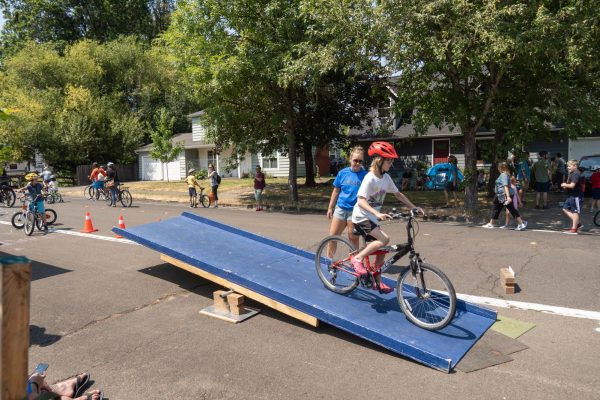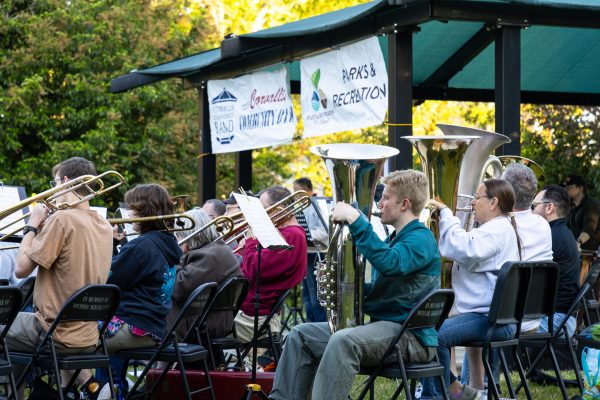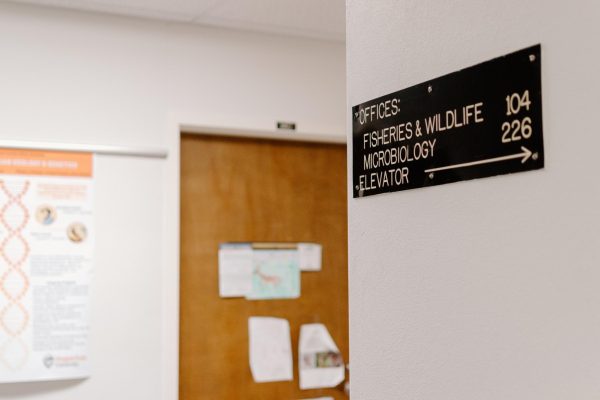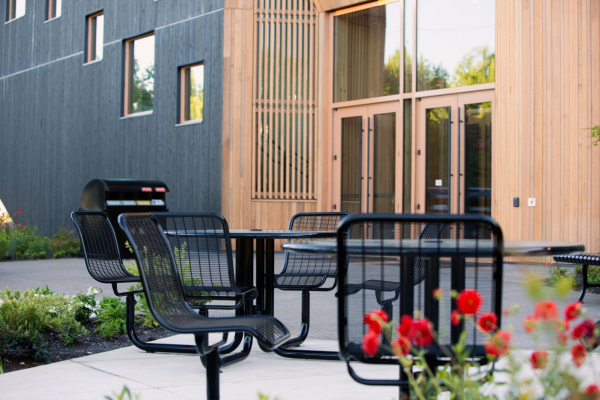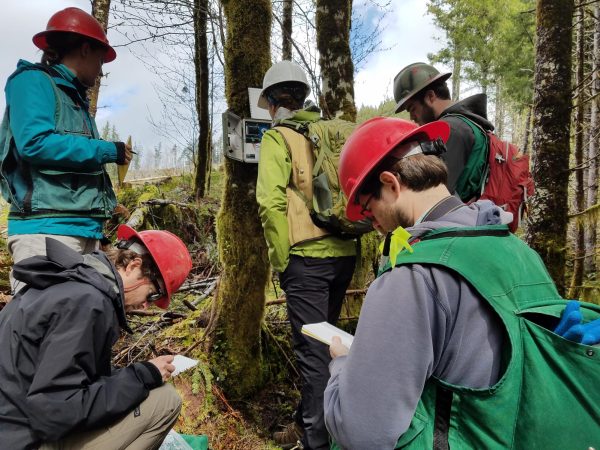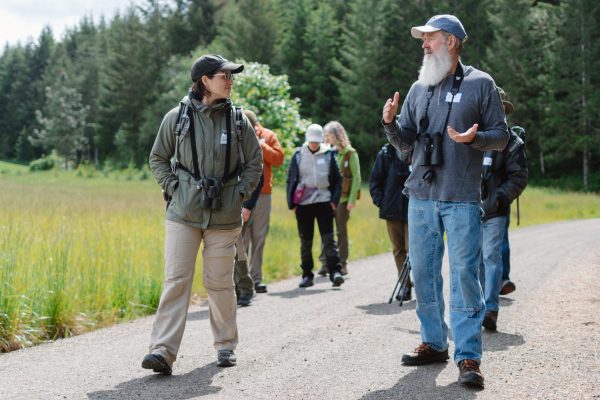Job market after COVID-19 looks hopeful, graduating students prepare
June 7, 2021
Oregon State University students starting their careers are preparing for rapid changes in the job market as businesses around Corvallis, Ore. hire graduates towards the end of the COVID-19 pandemic.
In the last year, COVID-19 has brought an economic recession to Corvallis. Unlike other recessions, students wanting to start their careers soon can look forward to a fast recovery and a competitive job market this summer.
Patrick O’Connor, Oregon’s regional employment economist for Marion, Polk, Yamhill, Linn and Benton counties, anticipates a fast economic recovery when public health regula- tions return to normal.
“I expect it to be a real good market out there, for new graduates,” O’Connor said.
With the 2008 recession, Corvallis experienced a fairly slow economic recovery. During COVID-19, the forces on the labor market are different. O’Connor expects a fast recovery because people are able to save money, and will spend it after health regulations are lifted.
“It’s lining up to be very much a job seeker’s market,” O’Connor said. “It’s going to be labor market forces that we haven’t seen for decades, probably since the 1990s.”
Students starting their careers have already begun to capitalize on the competitive job market, O’Connor predicts. Danny Sullivan, a recent OSU graduate in mechanical engineering, just landed a job with the engineering firm, SSOE Group, based out of Beaverton, Ore.
“I didn’t apply to more than 20 places,” Sullivan said. “About half were responding back with interviews.”
He said the main thing that’s helped him find employment was the professional network he’s built through internships and friends.
Sullivan mentioned how projects and internships gave him tangible evidence of the work he’s capable of as well as references to make him stand out from other applicants.
Although recent graduates will start their careers headed into a competitive job market, it’s important for them to differentiate themselves from other potential employees, said Jonathan Stoll, the director of Career Education at Oregon State.
Although he said the market looks optimistic for students after the COVID-19 pandemic, he’s still passionate about making students stand out.
“It’s still competitive,” Stoll said. “There’s always going to be more than one person applying to a job.”
Stoll said he mainly focuses on working with students to convey human skills like career competencies such as problem solving, cultural fluency, leadership and communication to businesses looking to hire.
To do this, he encourages making use of the resources offered through the Career Development Center. Students have free access to VMOCK, a resume-checking tool, and Focus2, which matches strengths to potential careers.
Stoll wanted students to use these resources as tools to reflect on their achievements and experiences in order to build self-confidence.
Communicating the value a student adds to a prospective employer can include sharing stories that demonstrate resilience and the ability to overcome adversity, Stoll said.
“The underlying value is believing in your- self and genuinely having confidence in who you are,” Stoll said.
Stoll said the most important thing to find success in a career is a professional network to rely on, especially during the COVID-19 pandemic. He said networking is cultivating relationships with people and sharing yourself with others and making connections. He mentioned that it’s not what you know, it’s who you know—and it’s not who you know, but who knows you.
“Have the confidence to seek out and ask for help,” Stoll said. “We all need people in our corner for support and assistance.”
Furthermore, Stoll said students who put effort into their professional and social network will have people to rely on for anything from emotional support to references as they prepare to enter the job market after graduation.
“The COVID-19 pandemic has just accentuated what has already been important,” Stoll said.















































































































